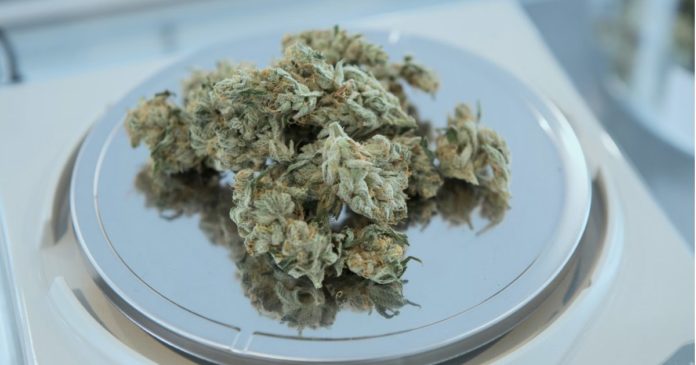A report from the State of Maine’s Office of Cannabis Policy (OCP) has revealed an alarming prevalence of contamination in medical cannabis products.
Maine has allowed prescribing and limited possession of medical cannabis since 1999, and in 2016 the state’s voters approved Question 1, joining eight other states at the time to have legalized recreational use.
While there are strict testing standards in Maine’s Adult Use Cannabis Program (AUCP), the same can’t be said for the state’s Medical Use of Cannabis Program (MMCP). Under the MMCP, testing is voluntary, not mandatory.
The investigation by the OCP was based on 120 samples and found 42% of the medicinal cannabis products contained harmful contaminants.
Of the detected pesticides, myclobutanil was the most alarming and was noted in eight samples to exceed the AUCP’s threshold of 200 parts per billion (ppb). In one extreme case, a sample contained myclobutanil levels 293 times over the acceptable limit. When combusted, myclobutanil releases cyanide gas, posing severe health risks.
The audit also uncovered various other contaminants, with yeast and mold being the most prevalent, followed by pesticides, heavy metals, and what the OCP refers to as “filth” and foreign materials. Some samples failed multiple categories and/or for multiple analytes within a given category.
In a nutshell, the audit has revealed many patients are consuming contaminated cannabis that would not be eligible for sale in Maine’s adult use program, nor in other states’ medical cannabis programs.
“Our primary goal is to protect and empower patients,” said John Hudak, Director of the OCP, “And we remain concerned that the lack of mandatory testing in Maine’s medical cannabis program puts the state’s 106,000 medical cannabis patients at risk each day of complicating their medical conditions and experiencing symptoms of contamination that can be mistaken for symptoms associated with their condition.”
The OCP’s report highlights several other policy challenges within the MMCP, including overprotective confidentiality measures favoring businesses and the absence of an inventory tracking system.
“Maine’s 106,000+ medical cannabis patients deserve a comprehensive solution that prioritizes their health and safety, and the primary goal of future policy conversations around mandatory medical cannabis testing must be to keep Maine’s patients safe,” says the OCP.
A full report on the audit can be found here.


